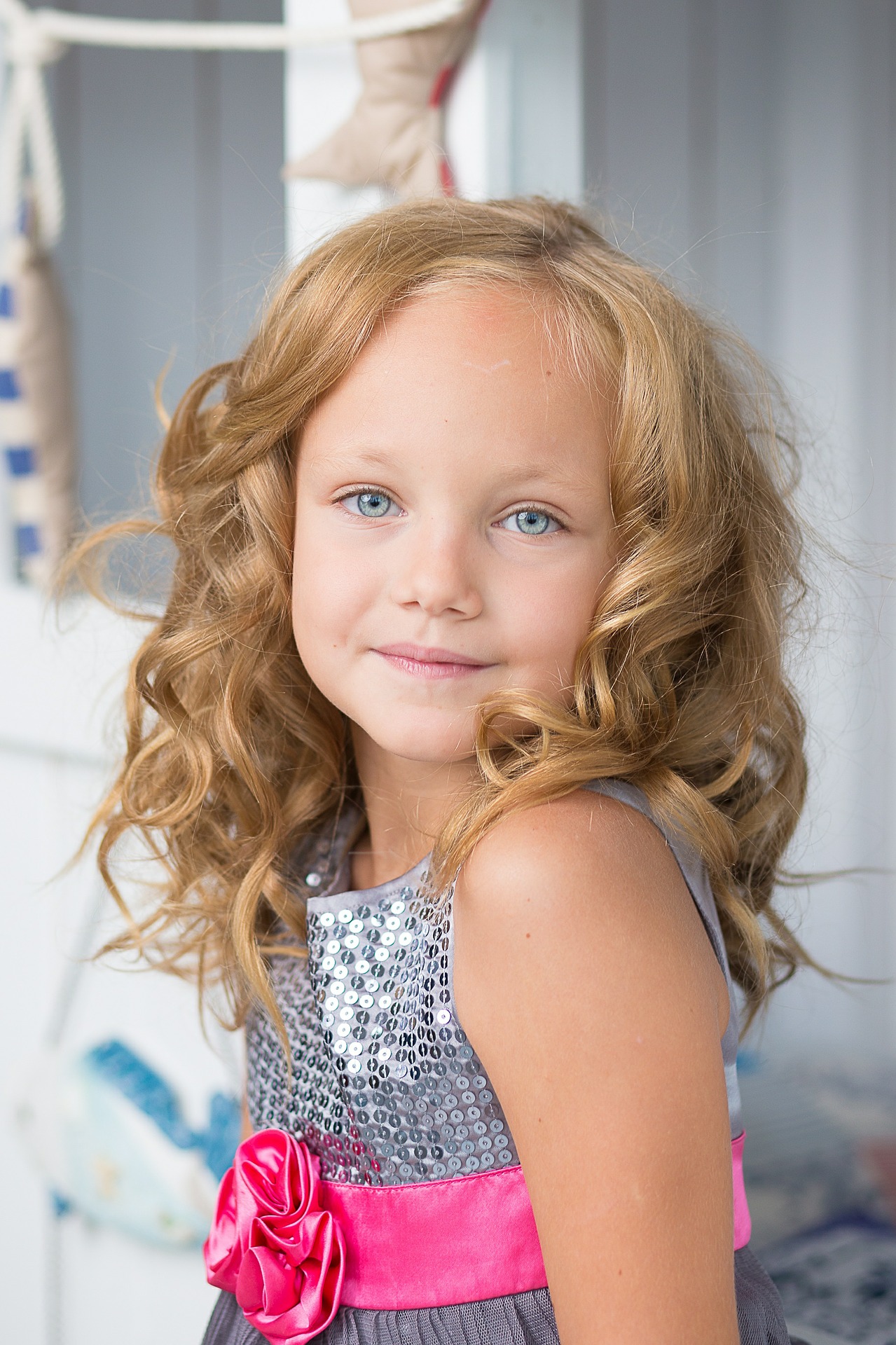Media Education in Childhood and Happiness

Media education has been regulated in different ways in Europe. It was introduced in 1970 in Finland teaching in the school curriculum in elementary school and subsequently in high school in 1977, reaching cutting edge levels in the 90s. Sweden subsequently came to media education in the 1980s. According to some, young people attending schools with media literacy programs are more inclined to engage politically , used to dealing with other peers, also online and to exchange ideas.
This brings results. According to the well-known UNICEF study of 2013 Dutch children are the happiest within 29 most industrialized countries in the world. The first place in this ranking therefore belongs to Holland, followed by Norway, Iceland, Finland, Sweden and Germany. Among the latter are Greece, Italy, Portugal and Spain.
The UNICEF study measures five aspects of the child's life such as material well-being, salute, safety , education, attitudes and risks, home and environment. Dutch children are on pole position today and they were on the UNICEF rankings also in 2007. (http://www.dutchdailynews.com/dutch-kids-ranked-happiest-in-the-world/)
Holland is also at the forefront of school education, Italy occupies the last positions.
Nobody can say if there is a casual connection between this ranking, efficiency of governments and repression of crime, but close cooperation between the US and Dutch interpol is currently underway in the repression of crimes committed against minors, this efficiency is documented worldwide in a certain way.
In the case of Robert Mikelsons, eg, This cooperation has proved very useful. Mikelson had abused 60 minors over the years. He was spotted by a Dutch policeman who had used the photos provided by Interpol. Mikelson was later sentenced to 18 years in prison.
(http://www.interpol.int/news-and-media/news/2012/pr063)
Holland has invested resources in the prevention of crimes committed online on minors, as well as other Nordic countries. Recall that the main form of partnership here is the Dutch Safer Internet Center (SIC). It consists of two associated consortia. The first is the ECP which provides the collaboration between the Dutch government, industry and civil society organizations. The second is the Meldpunt foundation www.meldpunt-kinderporno.nl.
Reports to the Meldpunt site are made online by the Dutch, but also citizens of different countries, including ours, they can be linked to the Meldpunt page and from every country information about child abuse can be sent to the site.
The ECP has among its tasks the management of the "Youth Panel" . This is composed of 13 guys between 12 e i 18 years who have the power to consult on youth policies for the government and become "ambassadors" of suggestions for teachers and parents. It is not known how much the Youth Panel can affect general policies, but it's a good start.
Reserved literary property, publication prohibited without written permission from the publisher.
